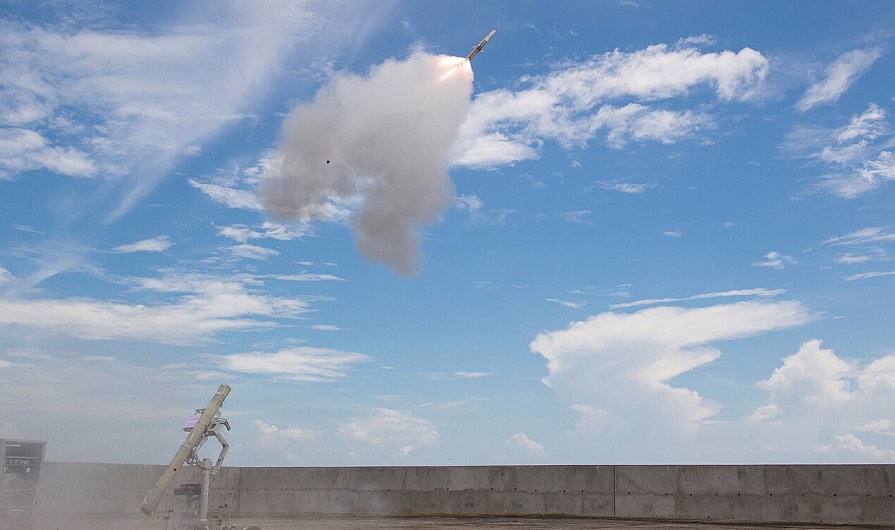
Hamas Rejects US-Backed Ceasefire Plan Backed by Israel
Hamas has officially rejected a ceasefire proposal jointly backed by the United States and accepted by Israel, citing that the plan falls short of its fundamental demands. The proposal, which called for a 60-day cessation of hostilities, the release of 10 living hostages and the return of 18 deceased captives, also included resuming humanitarian aid through the United Nations.
A senior Hamas official stated that while the group reviewed the proposal in good faith, it ultimately could not agree to a deal that does not include a permanent ceasefire or complete withdrawal of Israeli forces from Gaza. The official also criticized the lack of assurance for unrestricted humanitarian access, deeming the plan inadequate in addressing the critical needs of the Palestinian people.
Israel’s Acceptance and the Stalemate
Israel had reportedly accepted the ceasefire proposal and conveyed the same to families of hostages held in Gaza. While there was no formal public announcement by the Israeli government, the plan was said to have been greenlit with the expectation that Hamas would reciprocate.
However, the rejection by Hamas now throws the future of the proposal into uncertainty. The conflict, which escalated in October 2023, has resulted in thousands of casualties and intensified international pressure for a resolution. This proposal was seen as a possible breakthrough, especially given its backing by major international mediators.
Humanitarian Crisis Deepens
The humanitarian situation in Gaza remains alarming. With large swathes of infrastructure damaged and severe shortages of food, water, and medical supplies, aid agencies have been calling for safe and sustained access to affected populations.
The ceasefire proposal had promised renewed humanitarian deliveries, but Hamas argued that without a permanent end to hostilities and full access for relief operations, any pause would be temporary and ultimately insufficient.
As international actors including Egypt and Qatar continue their efforts to mediate, the rejection of the plan signals a prolonged deadlock. With both sides unwilling to budge on core demands, the road to a durable peace remains uncertain. The global community now watches for potential counterproposals or escalation in the days ahead.


















